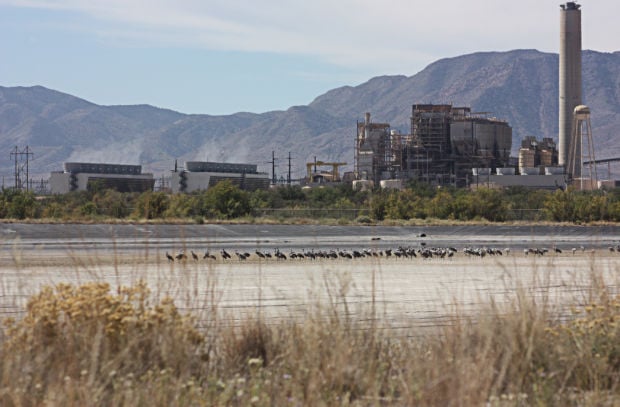A Southeast Arizona electric cooperative remains on the hook for more than $7 million in taxes to the state.
The Arizona Court of Appeals on Tuesday rebuffed arguments by the Arizona Electric Power Cooperative that it need not pay the state’s use tax on coal and natural gas it purchases from out-of-state suppliers. That means the co-op — and its customers — will not get back the nearly $7.3 million paid between 2003 and 2010.
Potentially more significant, it also means the co-op remains liable for the taxes on its purchases since then and into the future.
Spokesman Geoff Oldfather said the company is “disappointed” by the decision.
“We believe the current structure results in double taxation to ratepayers,” he said. “Any tax relief we receive would go directly to our member consumers to reduce ratepayers’ cost of power.”
At issue is applicability of Arizona’s use tax. This is the equivalent of the state’s sales tax.
The difference is that the sales tax is collected by in-state sellers. By contrast, a use tax applies to purchases from suppliers in other states, with the buyer — in this case AEPCO — responsible for payment.
There is no question but that the sales and use taxes apply to the purchase of “tangible personal property” purchased from a retailer or utility. And the law defines personal property as anything that “may be seen, weighed, measured, felt or touched or is in any manner perceptible to the senses.” That is designed to separate it from services which generally are not taxable.
AEPCO paid nearly $7.3 million in use taxes for its Apache power plant in Cochise during the period but then requested a refund.
Attorney Daniel Garrett pointed out that the sale of property specifically meant for retail is exempt from the tax. So there is no tax when a retailer that buys a product from a manufacturer or wholesaler but only when the retailer sells it to the ultimate consumer.
But appellate Judge Lawrence Winthrop said the flaw in that argument is that AEPCO is not reselling coal or natural gas to its customers but instead the power generated by burning those fuels which heats water which generates steam which turns a turbine.
Garrett had an alternate theory.
He said Arizona law exempts from the tax any property “that directly enters into and becomes an ingredient or component part” of what is being manufactured. Winthrop said that contention, too, ignores the reality of what happens.
“The fuels are consumed in the process of generating electricity,” the judge wrote. “They do not directly enter into or become an ingredient or component part of the electricity.”
And Winthrop said if Arizona lawmakers intended to exempt the fuels AEPCO is purchasing, they have that option.
He noted, for example, that the Legislature has created an exemption for the purchase of coal and natural gas — but only when used for on-site power or energy for environmental technology manufacturing.





